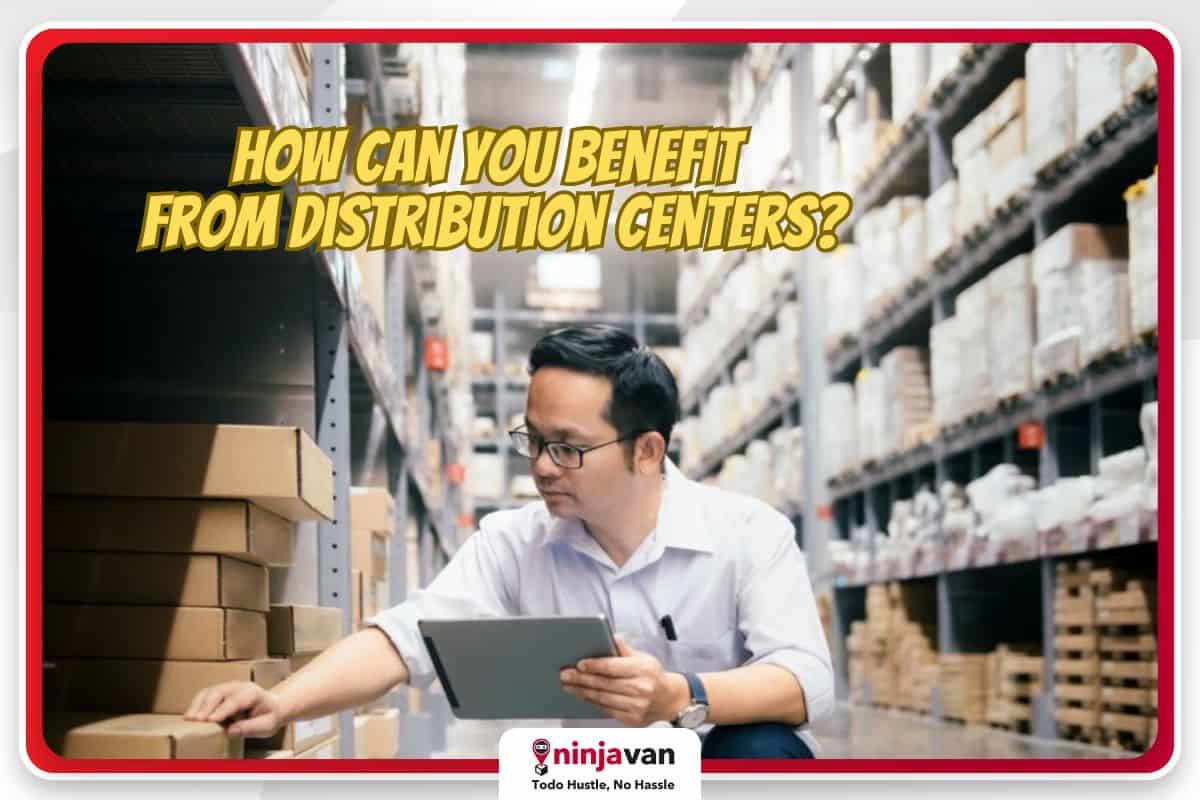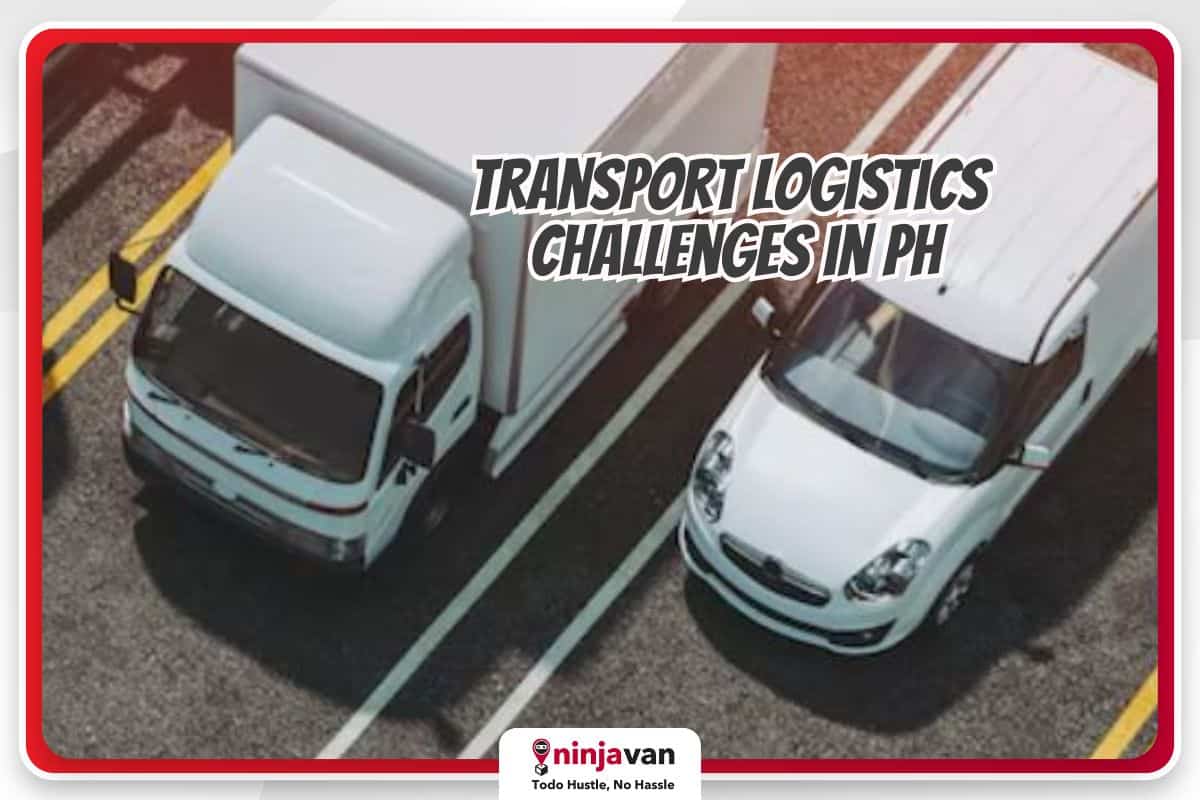With increasing business demand comes a challenge for growing and big enterprises. B2B and DTC (direct to consumers) companies will need to increase their inventory and have a better fulfillment process.
Doing everything in-house may no longer be cost- effective. So, many maintain efficiency and keep up with customers’ expectations by outsourcing their warehousing or fulfillment.
One example is utilizing distribution centers in the Philippines.
Also read: The Impact of Double Day Sales in the Philippines
What are distribution centers?
If you use a third-party logistics partner (3PL), then you’re already familiar with a distribution warehouse. It’s, after all, part of the highly efficient and flexible 3PL processes. Distribution centers are sometimes called fulfillment centers, however, fulfillment is just one of its many functions.
They’re like the busy hubs of the supply chain world. They act as intermediate stations between manufacturers or suppliers and the final destination of products, be it retailers, wholesalers, or even directly to consumers in the case of ecommerce.
There’s no one-size-fits-all way of operations. For example, one center may accommodate direct-to-consumer orders, while another might ship stocks only to stores.
Types of distribution centers
- Retail distribution centers. Focuses on supplying goods to retail stores.
- Ecommerce fulfillment centers. Specifically equipped for quick and efficient direct-to-consumer order fulfillment.
- Cross-dock facilities. Receives goods and quickly redistribute them to other destinations without significant storage.
- Bulk break centers. Breaks down bulk shipments into smaller quantities for easier distribution.
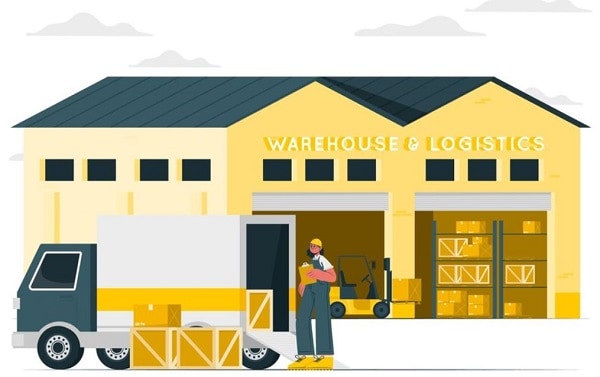
manufacturers or suppliers.
Who needs distribution centers?
A distribution center can play a critical role in streamlining your supply chain, ensuring efficient storage and order fulfillment process, and securing business growth. However, it depends on how well the internal system is.
For instance, Ninja Van has a 3,700-square-meter distribution warehouse which can accommodate up to 2,400 pallets for storage and up to 15,000 orders every day.
But whether you need inventory management, order fulfillment solutions or both, distribution centers are typically flexible to your needs.
Here’s a list of different businesses that benefit from distribution centers:
1. Ecommerce companies
First up, we have ecommerce distribution centers, which are popular among online store owners. Think of sites like Zalora, Lazada, and Shopee — platforms that handle thousands of orders every day.
Ecommerce distribution warehouses ensure seamless order fulfillment by managing the flow of items from manufacturers and suppliers all the way to the buyers.
2. Retailers
Retail distribution centers manage the flow of products from manufacturers and suppliers to retail stores. They’re typically near metropolitan areas so it’s easier to dispatch the goods to various store locations.
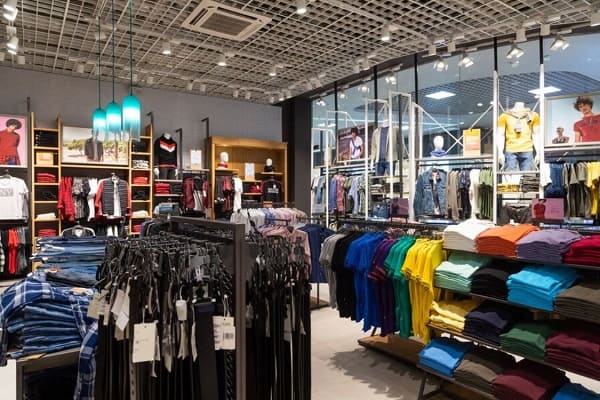
management and fast delivery to the stores.
3. Manufacturers
A manufacturing distribution center simplifies the product flow from the factory onwards. Naturally, this type of center is usually located near factories to readily accommodate industrial companies — especially those with assembly lines across the country or in various locations around the globe.
Manufacturing distribution centers work closely with factories for storage and fulfillment. However, they might not store goods for a long time, especially if they’re consumables. It ultimately depends on the industry.
4. Wholesalers and distributors
Wholesalers are businesses that buy bulk products from manufacturers and sell them to retailers and end consumers. The same goes for distributors that work with manufacturers by finding wholesalers. Both use distribution warehouses to store, inventorize, pack and deliver goods.
5. Consumer goods producers
Specialized distribution warehouses that handle a specific product type are an ideal option for manufacturers of consumer goods. This way, they have peace of mind knowing that their storage and logistics partner is trained and experienced in handling the type of goods they offer.
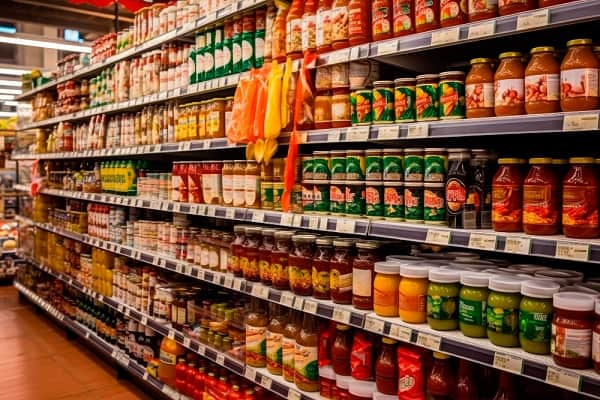
How do distribution centers work?
The main function of distribution centers is to streamline the storage, inventory management and order fulfillment processes for growing and big enterprises. But let’s break it down to paint a clearer picture:
- Receiving and sorting goods on your behalf
- Taking charge of storage and inventory management
- Simplifying the order fulfillment process for you
- Arranging shipping and transportation services
Distribution centers can do all this for your business so you can allocate more time and resources on growth and expansion.
#NinjaTip: Say goodbye to unnecessary and expensive truck rentals. Ninja Restock is a fast and affordable way to transport your stocks or inventory from warehouse to store. Learn about Ninja Restock today!
What are the benefits of using distribution centers?
Distribution centers provide the following benefits to businesses:
- Reduced shipping costs. Strategic location and bulk shipping capabilities lower overall transportation costs.
- Faster delivery times. Efficient operations and proximity to customers lead to quicker deliveries.
- Improved inventory management. Real-time inventory tracking and optimized storage space control costs and prevent stockouts.
- Flexibility and scalability. Businesses can adjust their warehousing needs based on demand fluctuations.
Adding to that, distribution centers are well-acquainted with handling different types of goods for businesses of all sizes. So, you can rest assured that these centers can customize solutions based on the current and future needs of your business.
Grow your business faster with Ninja Van’s warehousing solution
Your growing business needs a partner that can grow with you. Ninja Van provides end to end logistics solutions that include tech-enabled warehousing and fulfillment.
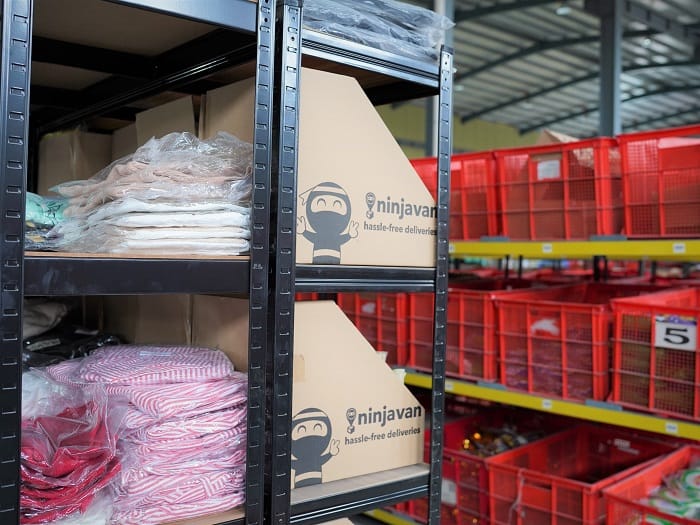
supply chain and fulfillment!
It’s more cost-efficient to outsource than running your own distribution center because we turn to technology to automate your inventory management and ensure that your products will reach your stores or consumers and stores timely and securely.
Moreover, partnering with Ninja Van means entrusting your goods to logistics experts while you focus on expanding and scaling up your business.
Get in touch with our logistics advisors for flexible fulfillment and warehousing solutions tailor-fit to your needs.
More logistics tips for your growing business:
How 3PLs Help Your Ecommerce Business Grow
How Less-Than-Truckload Shipping Benefits Small Businesses
Common Inventory Management Problems and Solutions


